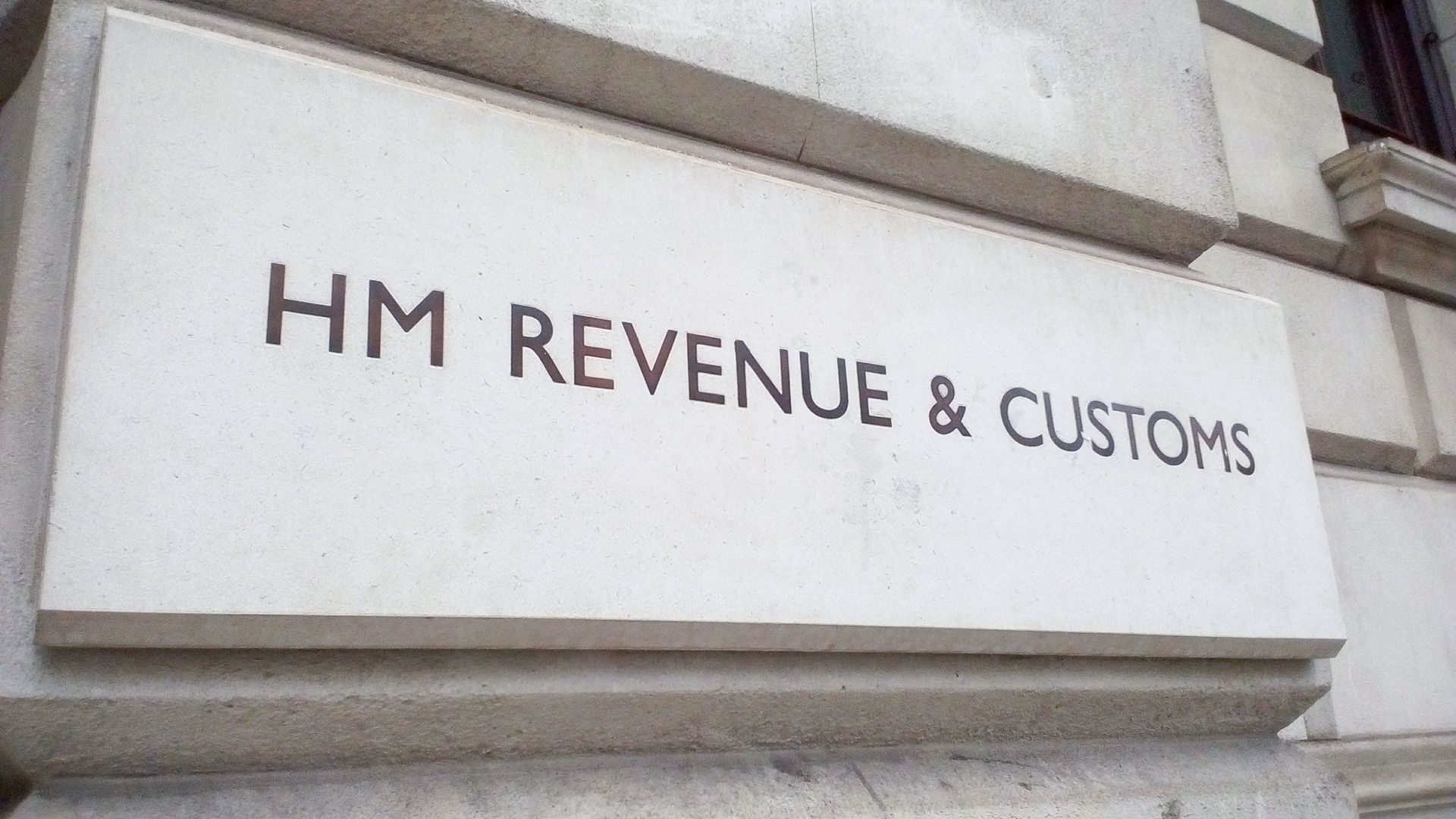Budget 2021
Budget 2021 - Key Updates
The Chancellor's full budget document can be downloaded on the link below.
Furlough
Coronavirus Job Retention Scheme (CJRS) – To support businesses and employees across the UK through the next stage of the pandemic, the government is extending the CJRS for a further five months from May until the end of September 2021.
Employees will continue to receive 80% of their current salary for hours not worked. There will be no employer contributions beyond National Insurance contributions (NICs) and pensions required in April, May and June.
From July, the government will introduce an employer contribution towards the cost of unworked hours of 10% in July, 20% in August and 20% in September, as the economy reopens.
Self - Employment
Self-Employment Income Support Scheme (SEISS) fourth grant – To support the self-employed across the UK through the next stage of the pandemic, the government confirms that the fourth SEISS grant will be worth 80% of three months’ average trading profits, paid out in a single instalment and capped at £7,500 in total.
The grant will cover the period February to April and can be claimed from late April. Self-employed individuals must have filed a 2019-20 Self-Assessment tax return to be eligible for the fourth grant.
This means that over 600,000 individuals may be newly eligible for SEISS, including many new to self-employment in 2019- 20. All other eligibility criteria will remain the same as the third grant.
SEISS fifth grant – The government announces that there will be a fifth and final SEISS grant covering May to September. The value of the grant will be determined by a turnover test, to ensure that support is targeted at those who need it the most as the economy reopens.
People whose turnover has fallen by 30% or more will continue to receive the full grant worth 80% of three months’ average trading profits, capped at £7,500. People whose turnover has fallen by less than 30% will receive a 30% grant, capped at £2,850. The final grant can be claimed from late July.
Apprenticeships
High quality traineeships for young people – The government will provide an additional £126 million in England for high quality work placements and training for 16–24-year-olds in the 2021/22 academic year. Employers who provide trainees with work experience will continue to be funded at a rate of £1,000 per trainee.
Payments for employers who hire new apprentices – The government will extend and increase the payments made to employers in England who hire new apprentices. Employers who hire a new apprentice between 1 April 2021 and 30 September 2021 will receive £3,000 per new hire, compared with £1,500 per new apprentice hire (or £2,000 for those aged 24 and under) under the previous scheme. This is in addition to the existing £1,000 payment the government provides for all new 16–18-year-old apprentices and those aged under 25 with an Education, Health and Care Plan, where that applies.
Supporting apprenticeships across different employers – The government will introduce a £7 million fund from July 2021 to help employers in England set up and expand portable apprenticeships.
This will enable people who need to work across multiple projects with different employers to benefit from the high-quality long-term training that an apprenticeship provides.
Employers themselves will also benefit from access to a diverse apprenticeship talent pipeline.
Tax Thresholds Frozen
The income tax personal allowance and higher rate threshold will be uprated in line with CPI as planned in April 2021, then maintained at that level until April 2026. This decision will not reduce take-home pay and the highest income households will continue to contribute more. This will take effect in April 2022.
This will see the basic rate personal allowance rise as planned to £12,570 from the new tax year in April 2021 and will remain at this level until April 2026. The income tax higher rate threshold will rise to £50,270 from April 2021 and again this will be frozen until April 2026.
in 2021-22 NICs thresholds will rise with CPI, bringing the NICs primary threshold/lower profits limit to £9,568 and the upper earnings limit (UEL)/upper profits limit (UPL) to £50,270, in line with the income tax higher rate threshold. The UEL/UPL will then remain aligned with the higher rate threshold at £50,270 until April 2026.
Loans & Grants
From 6 April 2021 the Recovery Loan Scheme will provide lenders with a guarantee of 80% on eligible loans between £25,000 and £10 million to give them confidence in continuing to provide finance to UK businesses. The scheme will be open to all businesses, including those who have already received support under the existing COVID-19 guaranteed loan schemes.
Restart Grants – The government will provide ‘Restart Grants’ in England of up to £6,000 per premises for non-essential retail businesses and up to £18,000 per premises for hospitality, accommodation, leisure, personal care and gym businesses, giving them the cash certainty, they need to plan ahead and safely relaunch trading over the coming months.
The government is also providing all local authorities in England with an additional £425 million of discretionary business grant funding, on top of the £1.6 billion already allocated.
VAT
The government will extend the temporary reduced rate of 5% VAT for goods and services supplied by the tourism and hospitality sector until 30 September 2021. To help businesses manage the transition back to the standard 20% rate, a 12.5% rate will apply for the subsequent six months until 31 March 2022.
VAT Deferral New Payment Scheme – Any business that took advantage of the original VAT deferral on VAT returns from 20 March through to the end of June 2020 can now opt to use the VAT Deferral New Payment Scheme to pay that deferred VAT in up to eleven equal payments from March 2021, rather than one larger payment due by 31 March 2021, as originally announced.
Business Rates
The government will continue to provide eligible retail, hospitality and leisure properties in England with 100% business rates relief from 1 April 2021 to 30 June 2021. This will be followed by 66% business rates relief for the period from 1 July 2021 to 31 March 2022, capped at £2 million per business for properties that were required to be closed on 5 January 2021, or £105,000 per business for other eligible properties. When combined with Small Business Rates Relief, this means 750,000 retail, hospitality and leisure properties in England will pay no business rates for 3 months from 1 April 2021, with the vast majority of eligible businesses receiving 75% relief across the year.
The government will legislate to ensure that the business rates relief repayments that have been made by certain businesses are deductible for corporation tax and income tax purposes. This will ensure that these businesses are no worse off from a tax perspective than if they had paid the business rates in the first place. This will apply for repayments made to the devolved administrations as well as to those made in relation to England.
Trade Credit Reinsurance scheme
The Trade Credit Reinsurance scheme has successfully maintained the vast majority of trade credit insurance coverage across the market throughout the pandemic, across the whole of the UK. Up to £190 billion of cover on around half a million businesses has been provided under the scheme.
The government will continue to review the impacts of the scheme to assess whether there is a case for further interventions beyond the scheduled end date of 30 June 2021, in order to minimise disruptions in insurance coverage as the economy recovers.
Extended loss carry back for businesses
To help otherwise-viable UK businesses which have been pushed into a loss-making position, the trading loss carry-back rule will be temporarily extended from the existing one year to three years.
- This will be available for both incorporated and unincorporated businesses.
- Unincorporated businesses and companies that are not members of a corporate group will be able to obtain relief for up to £2 million of losses in each of 2020-21 and 2021-22.
- Companies that are members of a corporate group will be able to obtain relief for up to £200,000 of losses in each of 2020-21 and 2021-22 without any group limitations.
- Companies that are members of a corporate group will be able to obtain relief for up to £2 million of losses in each of 2020-21 and 2021-22, but subject to a £2 million cap across the group as a whole.
This will be legislated in the forthcoming Finance Bill.
Corporation Tax
To balance the need to raise revenue with the objective of having an internationally competitive tax system, the rate of corporation tax will increase from April 2023 to 25% on profits over £250,000.
The rate for small profits under £50,000 will remain at 19% and there will be relief for businesses with profits under £250,000 so that they pay less than the main rate.
In line with the increase in the main rate, the Diverted Profits Tax rate will rise to 31% from April 2023 so that it remains an effective deterrent against diverting profits out of the UK.
Alcohol duty
To further support the hospitality industry and its suppliers, the duty rates on beer, cider, wine and spirits will be frozen for another year.
Super-deduction
From 1 April 2021 until 31 March 2023, companies investing in qualifying new plant and machinery assets will benefit from a 130% first-year capital allowance.
This upfront super-deduction will allow companies to cut their tax bill by up to 25p for every £1 they invest, ensuring the UK capital allowances regime is amongst the world’s most competitive. Investing companies will also benefit from a 50% first-year allowance for qualifying special rate (including long life) assets.
Community Ownership Fund
The government will create a new £150 million Community Ownership Fund to help ensure that communities across the UK can continue to benefit from the local facilities and amenities that are most important to them.
From the summer, community groups will be able to bid for up to £250,000 matched funding to help them to buy local assets to run as community-owned businesses. In exceptional cases up to £1 million of matched funding will be available to help establish a community-owned sports club or buy a sports ground at risk of loss from the community.
This will help ensure that important parts of the social fabric – like pubs, sports clubs, theatres and post office buildings – can continue to play a central role in towns and villages across the UK.
Help to Grow: Management
The government will offer a new UK-wide management programme to upskill 30,000 SMEs in the UK over three years.
Developed in partnership with industry, the programme will combine a national curriculum delivered through business schools with practical case studies and mentoring from experienced business professionals.
Over 12 weeks, and 90% subsidised by government, this programme will equip SMEs with the tools to grow their businesses and thrive.
Help to Grow: Digital
The government will launch a new UK-wide scheme in the autumn to help 100,000 SMEs save time and money by adopting productivity-enhancing software, transforming the way they do business. This will combine a voucher covering up to half of the costs of approved software up to a maximum of £5,000, and free impartial advice, delivered through an online platform.
Stamp Duty & Help to buy.
The nil rate stamp duty land tax on sales up to £500,000 will be removed at the end of June 2021 while the Chancellor acknowledged that buyers still needed help, despite substantial house price rises over the last year, and confirmed that there would a tapered end to the scheme.
From 1 July 2021, the nil rate band will reduce to £250,000 until 30 September 2021 before returning to the usual £125,000 on 1 October 2021. This means that nearly nine out of 10 people buying a new home currently pay no SDLT at all.
He also announced a new mortgage guarantee scheme to enable homebuyers to secure a mortgage up to £600,000 with a 5% deposit.
This scheme will provide a guarantee to lenders across the UK who offer mortgages to people with a deposit of just 5% on homes with a value of up to £600,000. Under the scheme all buyers will have the opportunity to fix their initial mortgage rate for at least five years should they wish to.













